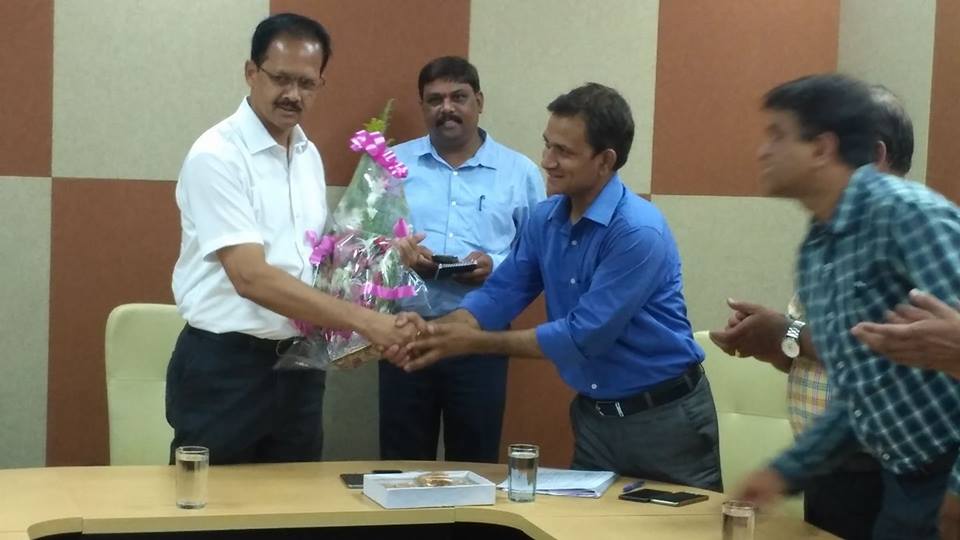WHAT IS SMART CITY
Smarter cities of all sizes are capitalizing on new technologies and insights to transform their systems, operations and service delivery. Competition among cities to engage and attract new residents, businesses and visitors means constant attention to providing a high quality of life and vibrant economic climate. Forward-thinking leaders recognize that although tight budgets, scarce resources and legacy systems frequently challenge their goals, new and innovative technologies can help turn challenges into opportunities. These leaders see trans-formative possibilities in using big data and analytics for deeper insights. Cloud for collaboration among disparate agencies. Mobile to gather data and address problems directly at the source. Social technologies for better engagement with citizens. Being smarter can change the way their cities work and help deliver on their potential as never before.
City planning and management means building and carrying out ways for a city to realize its full potential for while maintaining efficient day-to-day operations. City leaders must think holistically about operations insight, law enforcement and emergency management, government and agency administration, and urban planning including smarter buildings.
INFRASTRUCTURE
Infrastructure services make a city “livable.” These fundamental services, both necessities and comforts for citizens and businesses, include utilities such as water and energy, as well as transportation and environmental areas.









